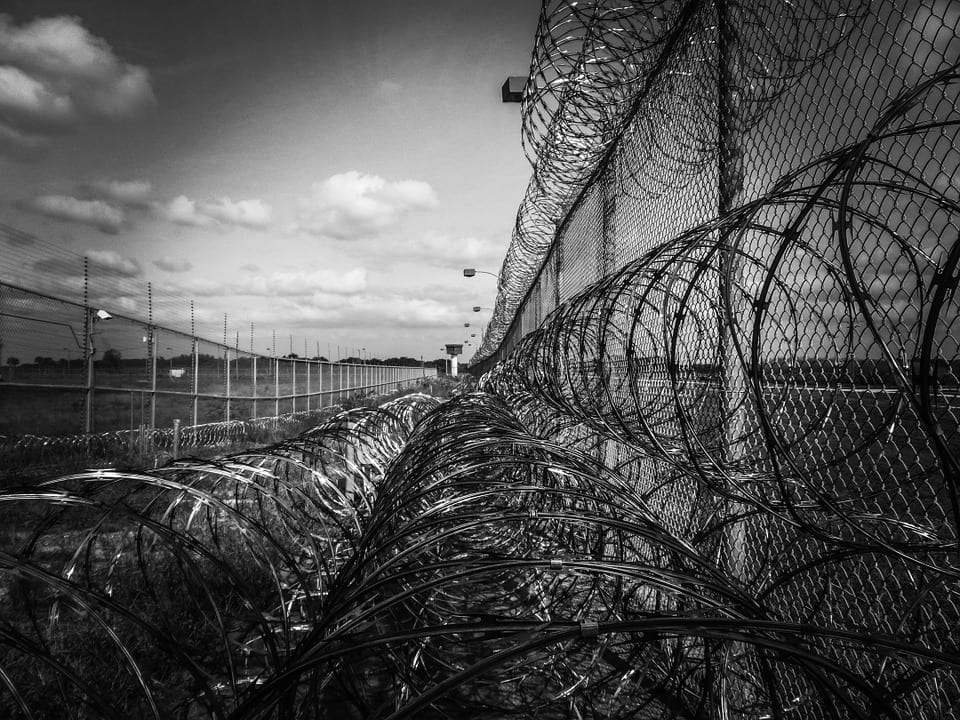A California psychiatrist claims the state’s corrections department is misleading federal officials about the quality of mental health care in prisons.
The whistleblower report, put together by chief corrections psychiatrist Dr. Michael Golding, was made public on Wednesday by U.S. District Judge Kimberly Mueller.
According to the New York Times, the report alleges that prison officials often ‘overruled psychiatrists and misrepresented how often inmates were receiving proper care.’ Furthermore, Golding claims that Mueller and federal agents likely under-estimated how thoroughly prisons are staffed.
Golding’s claims have been thoroughly denied by the California Department of Corrections and Rehabilitation.
“We worked closely with lawyers representing prisoners, as well as the court appointment monitors, for many years to improve the mental health of inmates,” department spokeswoman Vicky Waters said. “Our dedicated and well-trained staff will continue to provide appropriate care and treatment.”
Mueller’s set a Monday court hearing, intended to cover Golding’s accusations and possibly appoint an independent investigator.

The 161-page report, writes the Times, is accompanied by dozens of exhibits—exhibit which purportedly feature emails, records and other correspondences showing that corrections officials ‘reset the clock’ every time a mentally ill prisoner was transferred from one facility to another.
Consequently, inmates with outstanding disabilities or chronic psychiatrist ailments would sometimes be prevented from seeking therapy for months at a time.
But even in instances that saw appoints missed or delayed by months, California corrections employees may have still recorded everything as on-schedule.
The NYT recounts how officials counted ‘brief encounters with patients in the prison yard surrounded by other inmates, three-minute, non-confidential cell side visits’ as full-fledged mental health appointments. Wellness checks sometimes consisted of little more than a laptop in front of a cell door, a psychiatrist on the other end of a webcam.
Golding contests the department’s claim that 95% of patients were seen on schedule. He says the true percentage is closer to 46, in large part because California Corrections didn’t figure in inmates who refused appointments, missed appointments or got canceled out by scheduling errors.
“In failing to mention that fewer than 50 percent of patients are being seen when psychiatrists schedule them to be seen, the CDCR staffing reports significantly understate how many psychiatrists are needed, given how grossly inefficient the system is,” Golding wrote.
“It might not be surprising to find high rates of hospitalization and suicide in such a poorly designed and run system,” he said, adding that mental health officials “created a biased and inaccurately positive picture of what is actually a troubled system of care.”
Furthermore, Golding complained that many psychiatrists are required to report back to psychologists—psychologists without medical training or the ability to prescribe medications. He cited the disturbing example of a woman who ate her own eye in protective custody.
That woman, says Golding, had been treated multiple times by a psychologist who was unable to prescribe medication.
Sources
California Prisons Chief Psychiatrist Says Hidden Data Exposes ‘Broken System of Care’


Join the conversation!